'Beetroot juice is scientifically proven to improve liver health and help the liver function well'. Start your day with health news to see more of this article!
Start your day with health news , readers can also read more articles: Should diabetics eat jam? What should they pay attention to during Tet? The surprising health benefits of bell peppers are scientifically proven ; Unexpected dishes to serve guests during Tet that reduce cholesterol, prevent heart attacks...
Want a healthy liver, try drinking beetroot juice
The liver works constantly to detoxify the blood, remove waste from the body, and perform many other essential functions. Beetroot juice has been scientifically proven to improve liver health and help it function properly.
Beetroot is the enlarged root of the beet plant. It is a nutritious root vegetable and is often used in cooking or juices. Smaller beets tend to be sweeter, while larger ones are higher in fiber.
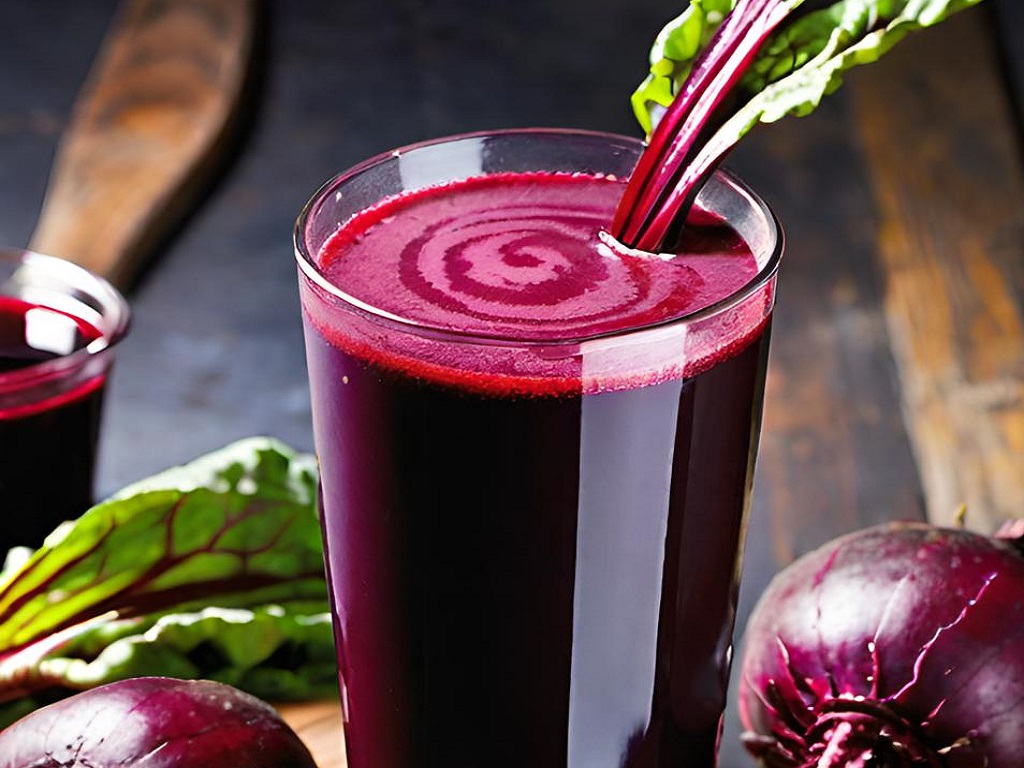
Beetroot juice contains nutrients that are very beneficial for liver health.
Beetroot contains the antioxidant betaine, which has been scientifically proven to be very beneficial for the liver. The first effect of beetroot is to reduce the amount of fat accumulated in the liver, thereby preventing or reducing the risk of developing liver disease.
Additionally, some research evidence suggests that the natural compound betaine in beets may help reduce elevated liver enzymes. This is because betaine has antioxidant properties, which help protect liver cells from free radicals and inflammation. Inflammation, on the other hand, increases liver enzymes. In addition, betaine participates in the synthesis of S-adenosylmethionine (SAMe), a compound necessary for liver detoxification.
In a study published in the journal Frontiers in Nutrition , scientists asked volunteers to take 250 mg of betaine supplements every day for 12 weeks. The results showed positive changes in the liver. Specifically, the level of "bad" LDL cholesterol in the body decreased, the level of "good" HDL cholesterol increased. The following content of this article will be on the health page on January 21.
Bell Peppers: Surprising Health Benefits Proven by Science
Bell peppers are mildly sweet and not as spicy as regular peppers. They come in a variety of colors, from red to yellow to green. Bell peppers are packed with nutrients that are beneficial to your health.
One cup of chopped bell peppers contains less than 30 calories but provides up to 120 mg of vitamin C, 1.28 grams of protein, along with vitamins A, E, potassium, magnesium, calcium and many other nutrients.

Bell peppers contain many beneficial nutrients, help prevent cancer and reduce blood cholesterol.
One of the most beneficial nutrients in bell peppers is antioxidants. These antioxidants help protect cells from harmful free radicals, thereby helping to reduce the risk of cancer.
In a study published in the journal Antioxidants , scientists found that carotenoid antioxidants protect heart cells and help reduce levels of “bad” LDL cholesterol and triglycerides. This benefit is present in all types of bell peppers, regardless of color.
Meanwhile, a study published in the journal Advances in Nutrition found that the main factor that helps bell peppers reduce blood cholesterol is their soluble fiber content. When entering the intestine, soluble fiber binds to cholesterol, thereby preventing the intestines from absorbing cholesterol.
This amount of soluble fiber also helps improve digestion, helps prevent constipation and maintains the balance of beneficial bacteria in the intestines. In addition, bell peppers are also rich in vitamin A and beta-carotene. These are two substances that protect the eyes and prevent eye problems such as macular degeneration and cataracts. The next content of this article will be on the health page on January 21.
Unexpected dishes to serve guests during Tet holiday that reduce cholesterol and prevent heart attacks
There are 3 snacks that are often found on the guest table during Tet, and have been scientifically proven to be the secret to lowering blood cholesterol.
High cholesterol is a major health concern, affecting an estimated 2 in 5 adults. Over time, cholesterol can build up, leading to blockages and hardening and narrowing of the arteries. This can lead to heart attacks and strokes.
Fortunately, there are some foods that health authorities recommend adding more to your diet. Interestingly, these are often found on many families' holiday tables.

Snacking on cashews and pistachios can help lower total cholesterol, bad cholesterol and triglycerides.
Cashews, pistachios . These are great snacks to help maintain healthy cholesterol levels. Experts at the Mayo Clinic (USA) say that consuming a handful of nuts a day can be beneficial.
Almonds and other nuts can improve blood cholesterol. Studies have shown that walnuts, which contain omega-3 fats, can help protect the heart and reduce the risk of heart attack in people with heart disease. However, nuts are high in calories, so limit yourself to a handful a day.
A 2023 study published in the journal Nutrients , which included 19 reviews and trials, found that nuts are powerful cholesterol-busters. The results showed that snacking on walnuts, almonds, cashews, peanuts, and pistachios can help lower total cholesterol, bad cholesterol, and triglycerides .
Pumpkin seeds, sunflower seeds. She These nuts do double duty, providing fiber and unsaturated fats, notes Emily Schmidt, a Mayo Clinic nutritionist. Start your day with health news to see more of this article!
Source: https://thanhnien.vn/ngay-moi-voi-tin-tuc-suc-khoe-loai-nuoc-ep-giup-gan-khoe-185250120222308162.htm


![[Photo] Prime Minister Pham Minh Chinh works with the Academy of Posts and Telecommunications Technology](https://vstatic.vietnam.vn/vietnam/resource/IMAGE/2025/4/24/83f86984b516422fb64bb4640c4f85eb)
![[Photo] President Luong Cuong holds talks with Lao General Secretary and President Thongloun Sisoulith](https://vstatic.vietnam.vn/vietnam/resource/IMAGE/2025/4/24/98d46f3dbee14bb6bd15dbe2ad5a7338)

![[Photo] General Secretary To Lam receives Philippine Ambassador Meynardo Los Banos Montealegre](https://vstatic.vietnam.vn/vietnam/resource/IMAGE/2025/4/24/6b6762efa7ce44f0b61126a695adf05d)
![[Photo] Tourists line up to receive special information publications from Nhan Dan Newspaper](https://vstatic.vietnam.vn/vietnam/resource/IMAGE/2025/4/24/3ac2c0b871244512821f155998ffdd60)



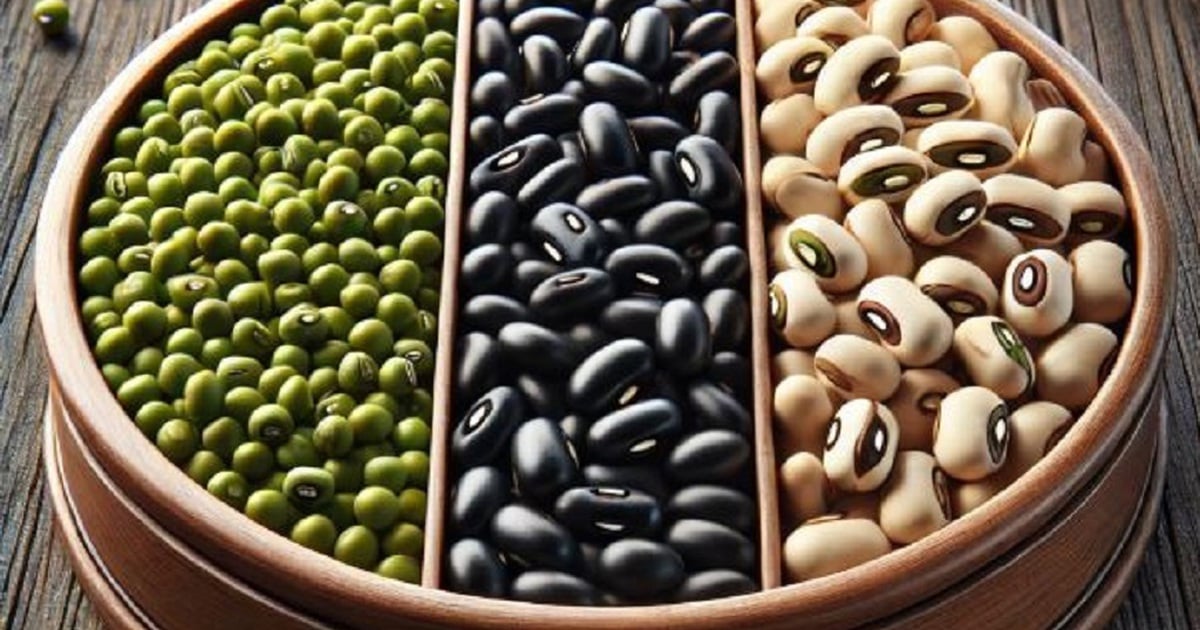

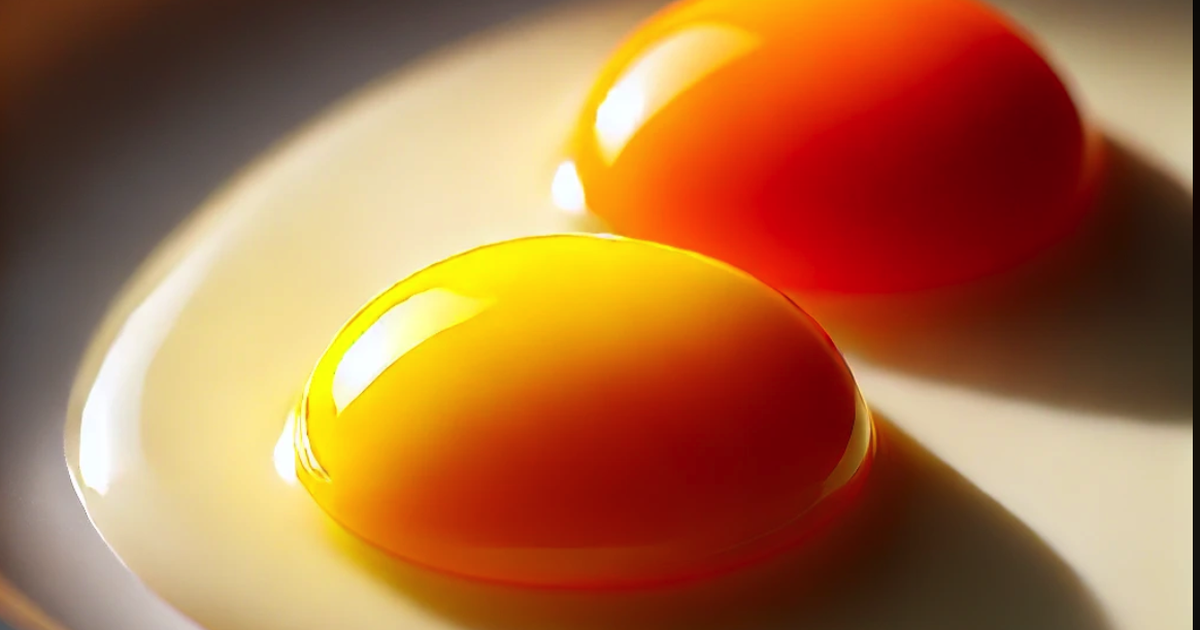

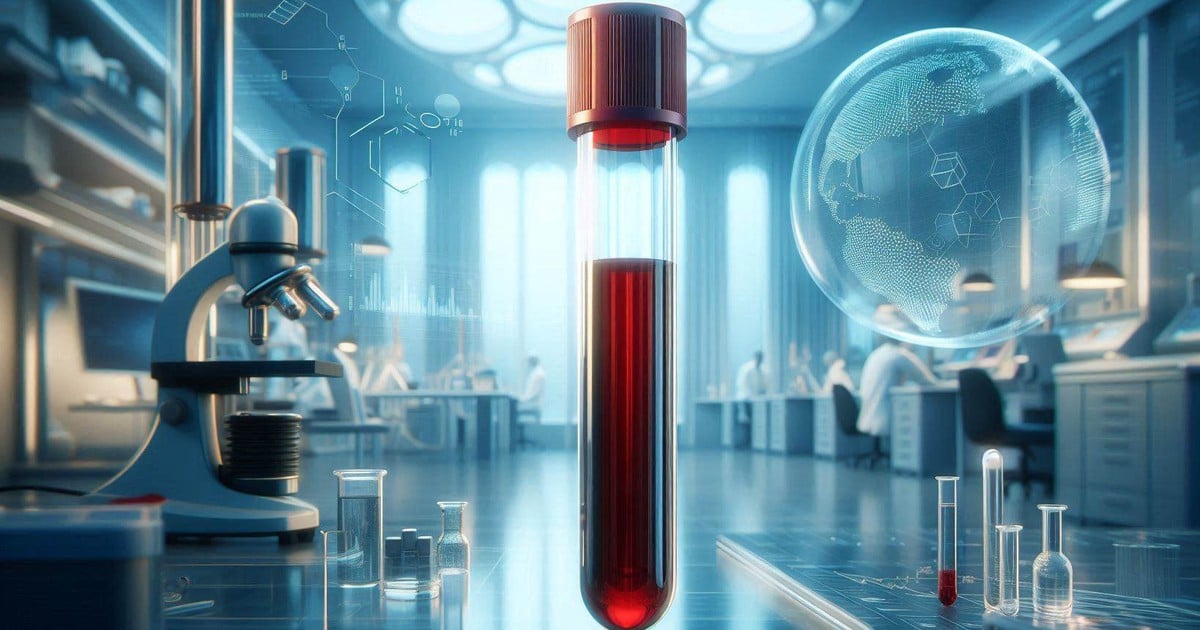



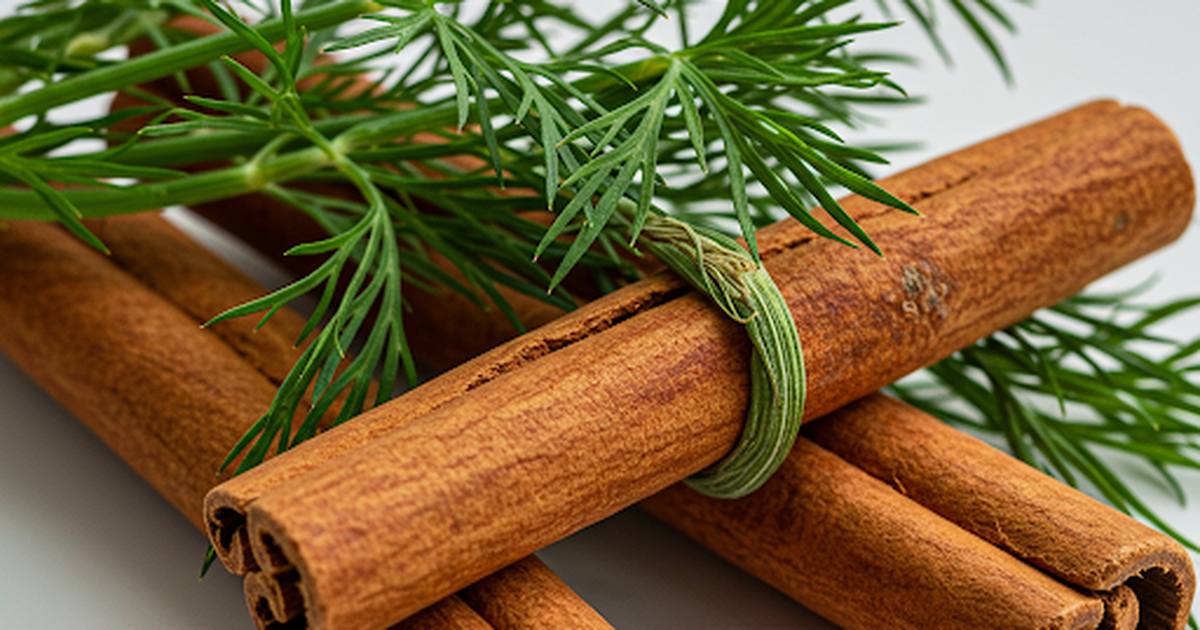
















































































Comment (0)